Economists and civil society leaders are calling on Burundi’s newly appointed government, led by Prime Minister Nestor Ntahontuye, to urgently address the country’s deepening socio-economic crisis.
According to PARCEM, a local good governance advocacy group, the two previous governments failed to deliver meaningful solutions to the economic hardships facing the population.
“This is the third government during President Evariste Ndayishimiye’s first term,” Faustin Ndikumana, PARCEM’s national director, told journalists at a press conference in Bujumbura on Thursday. “The first was led by Alain Guillaume Bunyoni (currently in jail), the second by Gervais Ndirakobuca (now President of the Senate), and now we have Nestor Ntahontuye. The first two governments did not achieve satisfactory results in tackling the challenges burdening the Burundian people. The outcomes were mixed, if not outright failures.”
Ndikumana stressed that the new cabinet, formed earlier this week, “has no right to fail.”
“If there is no change, the president’s first term will be at stake. This government must urgently tackle inflation, fuel shortages, foreign currency scarcity, and the rising cost of basic goods,” he said.
He also criticized the frequent restructuring of ministries during cabinet reshuffles, warning that such changes breed “administrative, programmatic, and human resource instability.”
The Observatory for the Fight Against Corruption and Economic Embezzlement (OLUCOME) also weighed in, urging ministers to prioritize national service over personal enrichment.
“These new officials must understand they are here to bear the people’s burden,” said OLUCOME president Gabriel Rufyiri.
Rufyiri recommended that the government revise the state budget to reflect current realities, advocating for an austerity approach to boost public revenue. “The current budget is over five trillion Burundian francs, but nearly three trillion is allocated to goods and services alone. With such spending, meaningful change is impossible,” he argued. OLUCOME further called on all ministers to declare their assets in line with good governance principles.
Economists are equally warning of the urgency of the situation. “The new government takes office at a time when Burundi faces a severe economic crisis, with growth estimated at just three percent,” economist Diomède Ninteretse told local media.
He pointed to worrying macroeconomic indicators, noting that Burundi ranks among the poorest nations in the world and is falling behind its regional peers. Ninteretse urged the government and the central bank to rein in parallel currency markets.
“It is unacceptable that for over a decade, the official exchange rate for the US dollar remains at around 3,000 francs, while it sells for over 7,000 on the black market. You cannot deceive the public for more than ten years,” he said.
The economist suggested that Burundi should study and adapt successful economic strategies from other countries in the region.

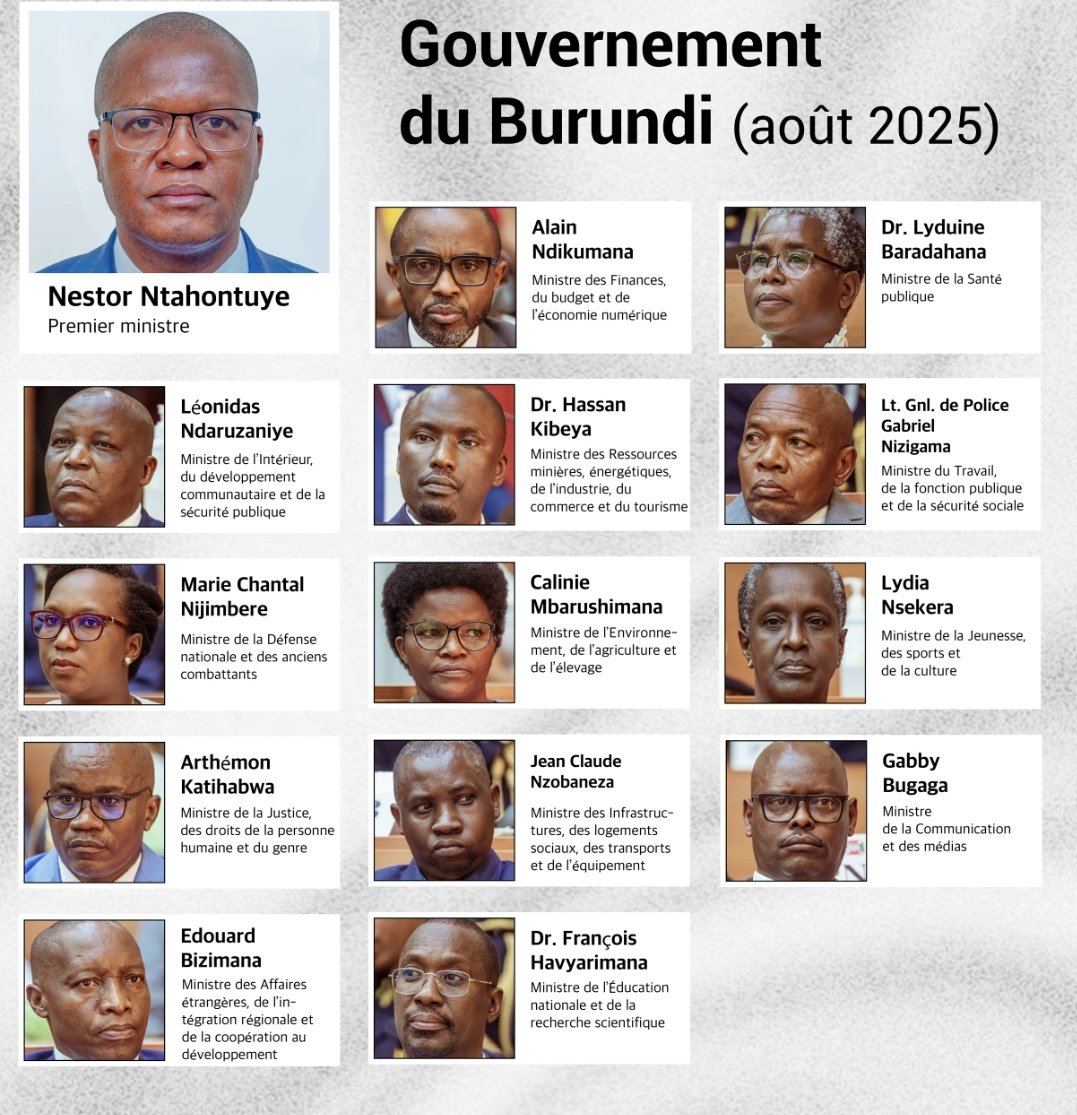
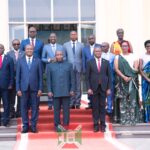
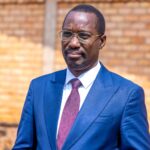
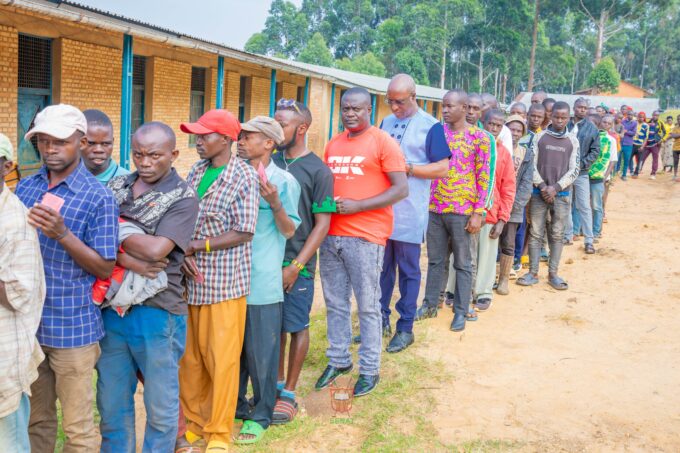
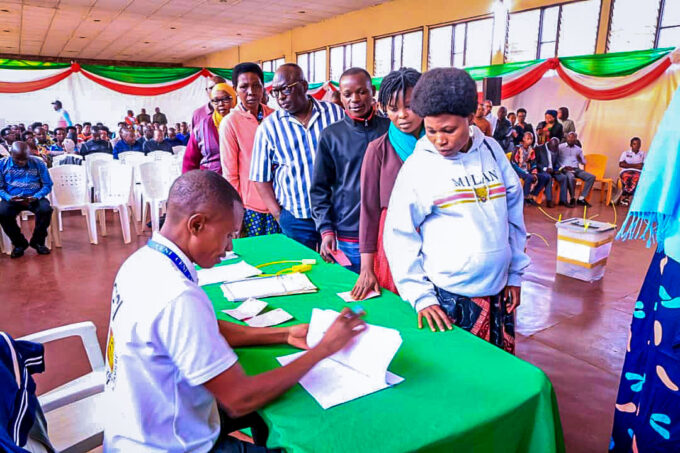
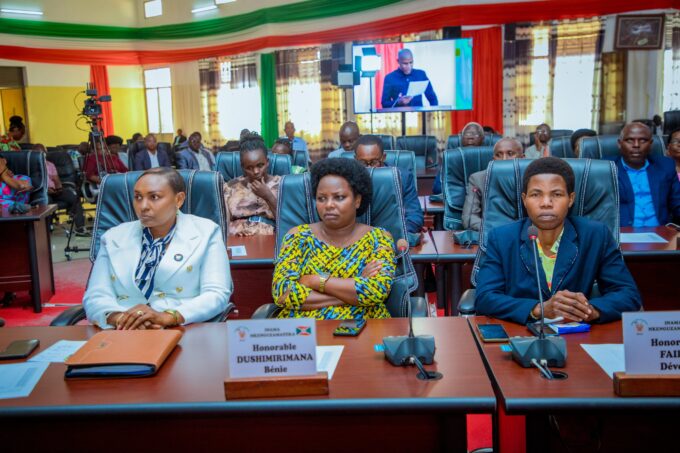

Leave a comment